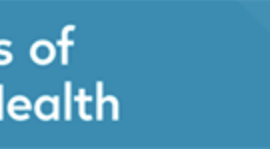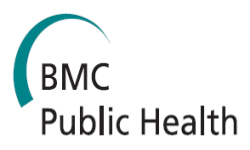
Ana Hoxha, Els Duysburgh, Laure Mortga
Volume 26, Issue 5, 04/Feb/2021
Abstract
INTRODUCTION
The number of patients and clinical conditions treated in home healthcare (HHC) is increasing. Care in home settings presents many challenges, including healthcare-associated infections (HAI). Currently, in Belgium, data and guidelines on the topic are lacking.
AIM
To develop a definition of HAI in HHC and investigate associated risk factors and recommendations for infection prevention and control (IPC).
METHODS
The study included three components: a scoping literature review, in-depth interviews with individuals involved in HHC and a two-round Delphi survey to reach consensus among key informants on the previous steps’ results.
RESULTS
The literature review included 47 publications. We conducted 21 in-depth interviews. The Delphi survey’s two rounds had 21 and 23 participants, respectively. No standard definition was broadly accepted or known. Evidence on associated risk factors was impacted by methodological limitations and recommendations were inconsistent. Agreement was reached on defining HAI in HHC as any infection specifically linked with providing care that develops in a patient receiving HHC from a professional healthcare worker and occurs ≥ 48 hours after starting HHC. Risk factors were hand hygiene, untrained patients and caregivers, patients’ hygiene and presence and management of invasive devices. Agreed recommendations were to adapt and standardise existing IPC guidelines to HHC and to perform a national point prevalence study to measure the burden of HAI in HHC.
CONCLUSION
This study offers an overview of available evidence and field knowledge of HAI in HHC. It provides a framework for a prevalence study, future monitoring policies and guidelines on IPC in Belgium.


